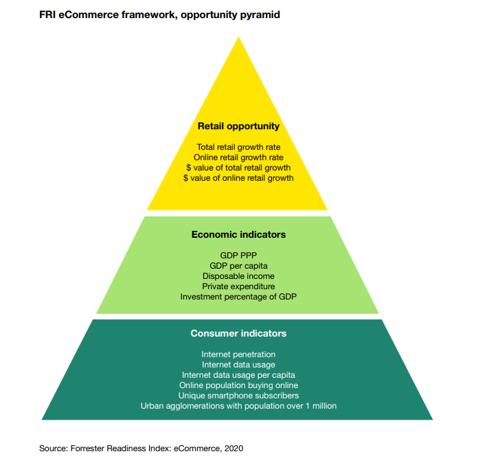
Dive Brief:
-
Lululemon on Thursday released gender pay equity numbers for the brand, highlighting 100% gender pay equity across 20,000 employees. The athleisure company first achieved gender pay equity in 2018.
-
To maintain that standard, Lululemon announced it would be revisiting its gender pay equity figures annually, and will “regularly assess our hiring and reward practices to ensure we’re making informed and inclusive decisions.”
-
As of this year, 78% of Lululemon’s staff is women. Sixty percent of the senior leadership team, 57% of VP and above roles, and 50% of the board of directors are women.
Dive Insight:
Lululemon’s promise to track gender pay equity and update those figures annually signals that the issue is top-of-mind for executives. As a brand heavily focused on female consumers, the company has pledged to walk the walk in addition to talking the talk of gender equity.
Lululemon arguably popularized luxury athleisure for women, with its design-heavy, high-end athleticwear. Over the past few years, athletics and athleisure brands generally have recognized the power of female consumers and begun to cater more deliberately to the demographic.
That doesn’t mean gender equity has progressed in the same way. In fact, in a Retail Dive analysis last year of executives and board members at top athletic brands, Lululemon was the only company studied with a 50% male to female ratio. As of September, Nike had two women on its list of nine top executives, Adidas had one out of six and Under Armour had one of eight.
The space has also suffered from a rash of corporate culture incidents that raise questions about the treatment of women. Over the past two years, Nike has faced criticism for its corporate culture, leading to executive departures and a class-action lawsuit, Under Armour has come under fire for allowing executives to charge adult entertainment and gambling to corporate cards, and Lululemon lost a CEO who fell short of the brand’s conduct standards.
In that way, women’s athletics has been a divided story in recent years, with brands focused on selling and marketing to women, while at the same time tackling corporate culture incidents at odds with those marketing messages.
Lululemon’s efforts may harken back to its female-focused roots, but while women are an undeniably important demographic for Lululemon, the company has recently staked its growth on its smaller men’s business. In the third quarter, the men’s business grew by 38%, a step toward Lululemon’s five-year plan to double men’s by 2023. The growth of both segments of its business could put Lululemon in closer competition with the biggest names in the athletics space.

